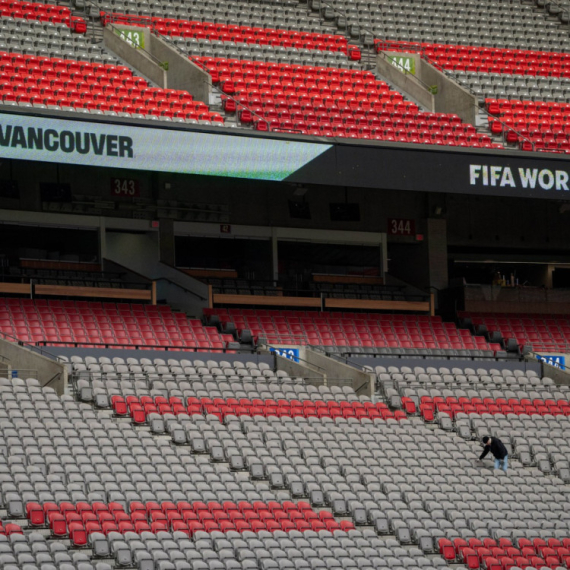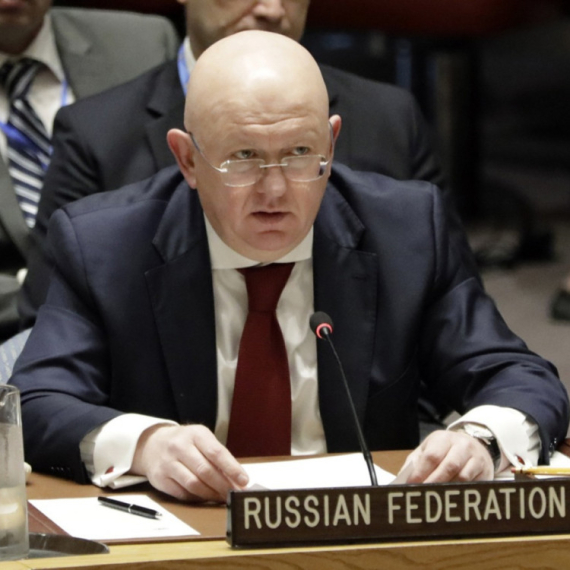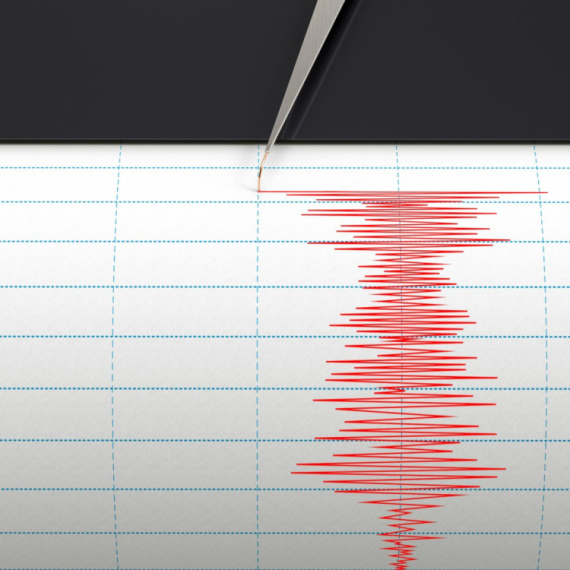EU finance chiefs on guard over euro strength
EU finance ministers, central bankers have vowed to be on guard over Euro's strength and financial market turmoil.
Saturday, 15.09.2007.
13:35

EU finance ministers, central bankers have vowed to be on guard over Euro's strength and financial market turmoil. The 13 countries sharing the euro will keep a close eye on their currency's record-breaking strength, although economic growth should hold up, the bloc's finance chiefs concluded at a meeting in Porto, northern Portugal, on Friday EU finance chiefs on guard over euro strength "We are following very closely all developments that can occur" on currency markets, said Luxembourg Finance Minister Jean-Claude Juncker, who is the chairman of regular meetings of his eurozone counterparts. Although the euro hit an all-time high on Thursday of 1.3927 dollars, finance ministers and central bankers were careful not to stray from well-worn G7 statements rather than push the panic button about the euro's strength. "Excessive volatility and disorderly movements in exchange rates is undesirable for economic growth," European Central Bank president Jean-Claude Trichet said, echoing the conclusions of many past G7 meetings. A strong euro makes exports from the Euro zone less competitive on international markets, which has been a major source of concern mainly for French politicians struggling to boost their flagging growth. Despite the surging strength of the euro, Juncker painted a mostly upbeat picture of the Euro zone’s economic health, although he warned that risks to the outlook were growing due to recent turmoil on financial markets. "We think that the recent developments on the financial markets will have an impact, but a light impact, on the outlook for growth in 2007 toward the end of the year," he said. "We believe that economic growth will remain sufficiently robust so that in 2008 we will not see a sharp downward revision," added Juncker. The European Commission marginally lowered its Euro zone growth expectations this week, forecasting that the bloc's economy would grow 2.5 percent rather than the 2.6 percent previously estimated. The European Union's executive arm said the outlook looked slightly darker, not because of the euro's strength, but because of risks associated with recent turmoil on financial markets, caused by fears of a credit crunch. Roller-coaster volatility has gripped financial markets since early August as concerns about high-risk home lending in the United States have prompted investors to reassess their overall risk exposure. The finance ministers and central bankers called for more transparency in the rarefied world of high finance in a bid to restore confidence to nerve-wracked investors. In response, Europe's finance chiefs ordered a high-level panel "to review alongside our international partners how to improve transparency of complex financial instruments, of institutions and vehicles." Amid the recent market turbulence, some financial institutions have discovered that they were bearing more risk than they thought due to often opaque repackaging of complex financial instruments. On Friday, anxious customers of British bank Northern Rock rushed to withdraw their savings, forming lengthy queues in front of branches after the lender was bailed out by the Bank of England. EU Services Commissioner Charlie McCreevy, who guides European policy on the financial sector, warned that "investors have not understood the risks that they have taken on." Greater transparency was needed because "supervisors need to see where the risks really lie," McCreevy said.
EU finance chiefs on guard over euro strength
"We are following very closely all developments that can occur" on currency markets, said Luxembourg Finance Minister Jean-Claude Juncker, who is the chairman of regular meetings of his eurozone counterparts.Although the euro hit an all-time high on Thursday of 1.3927 dollars, finance ministers and central bankers were careful not to stray from well-worn G7 statements rather than push the panic button about the euro's strength.
"Excessive volatility and disorderly movements in exchange rates is undesirable for economic growth," European Central Bank president Jean-Claude Trichet said, echoing the conclusions of many past G7 meetings.
A strong euro makes exports from the Euro zone less competitive on international markets, which has been a major source of concern mainly for French politicians struggling to boost their flagging growth.
Despite the surging strength of the euro, Juncker painted a mostly upbeat picture of the Euro zone’s economic health, although he warned that risks to the outlook were growing due to recent turmoil on financial markets.
"We think that the recent developments on the financial markets will have an impact, but a light impact, on the outlook for growth in 2007 toward the end of the year," he said.
"We believe that economic growth will remain sufficiently robust so that in 2008 we will not see a sharp downward revision," added Juncker.
The European Commission marginally lowered its Euro zone growth expectations this week, forecasting that the bloc's economy would grow 2.5 percent rather than the 2.6 percent previously estimated.
The European Union's executive arm said the outlook looked slightly darker, not because of the euro's strength, but because of risks associated with recent turmoil on financial markets, caused by fears of a credit crunch.
Roller-coaster volatility has gripped financial markets since early August as concerns about high-risk home lending in the United States have prompted investors to reassess their overall risk exposure.
The finance ministers and central bankers called for more transparency in the rarefied world of high finance in a bid to restore confidence to nerve-wracked investors.
In response, Europe's finance chiefs ordered a high-level panel "to review alongside our international partners how to improve transparency of complex financial instruments, of institutions and vehicles."
Amid the recent market turbulence, some financial institutions have discovered that they were bearing more risk than they thought due to often opaque repackaging of complex financial instruments.
On Friday, anxious customers of British bank Northern Rock rushed to withdraw their savings, forming lengthy queues in front of branches after the lender was bailed out by the Bank of England.
EU Services Commissioner Charlie McCreevy, who guides European policy on the financial sector, warned that "investors have not understood the risks that they have taken on."
Greater transparency was needed because "supervisors need to see where the risks really lie," McCreevy said.











































Komentari 0